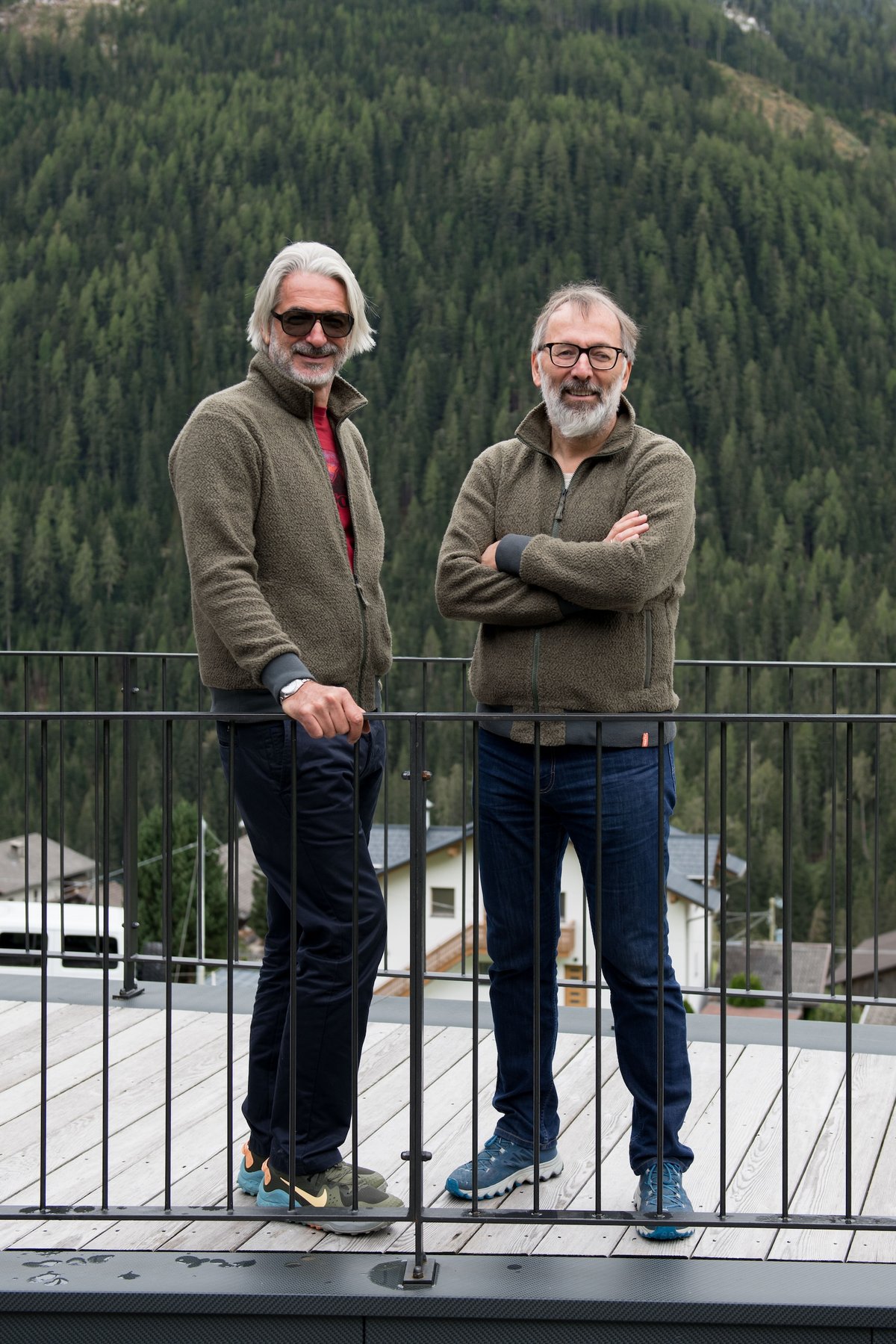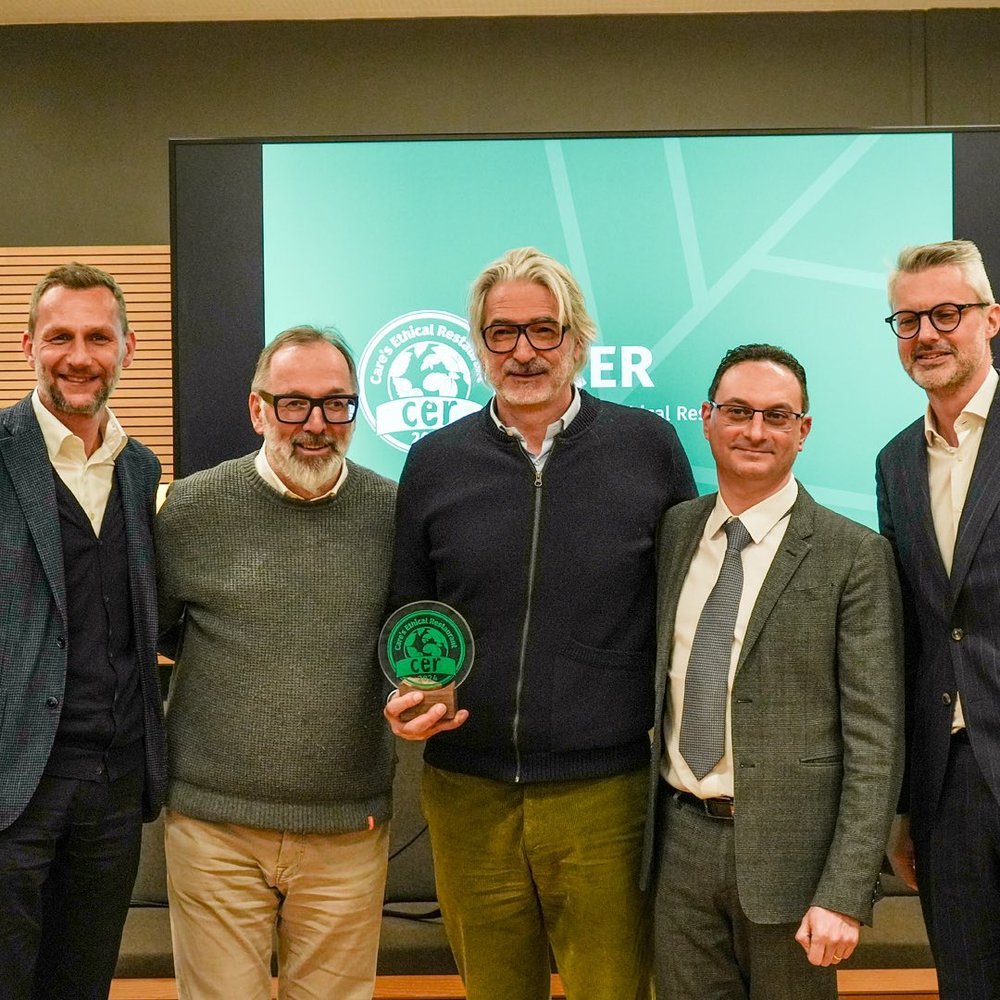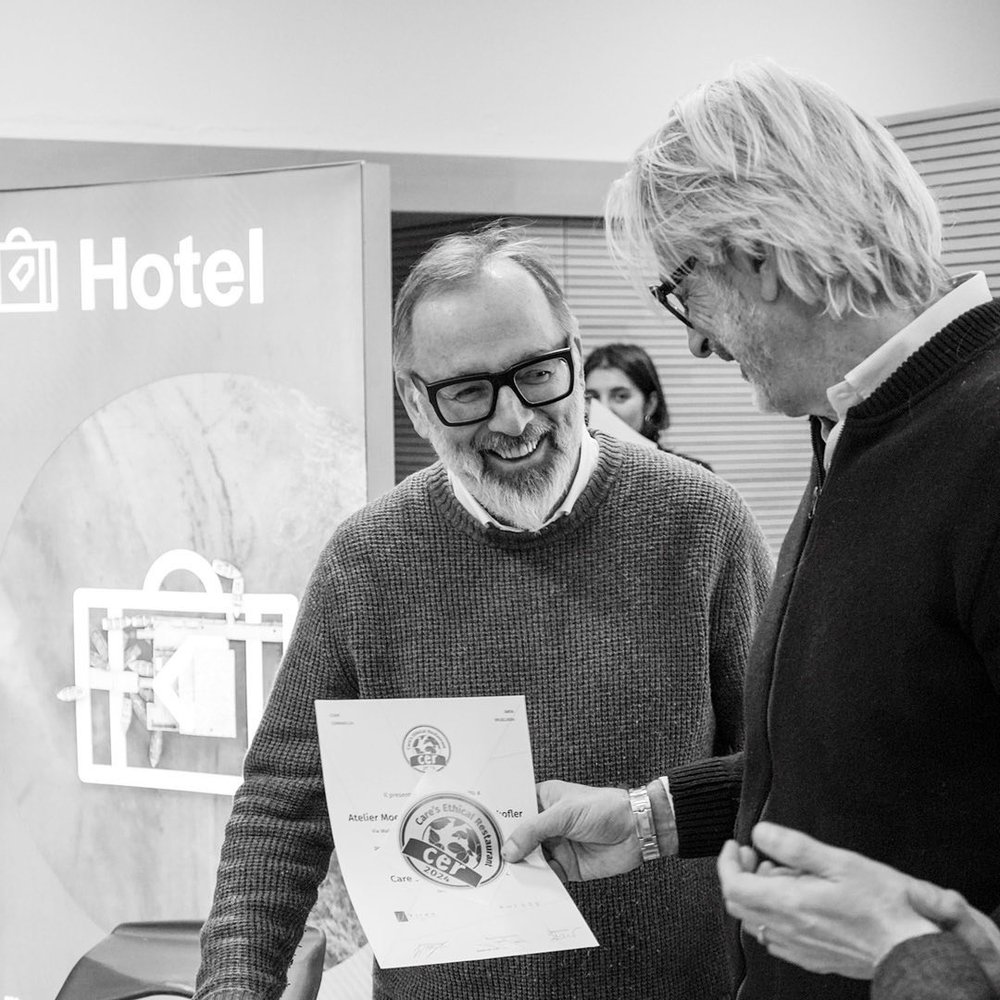Care's Ethical Restaurant certification aims to counter greenwashing by validating sustainability claims

The importance of sustainability certification for restaurants lies not only in keeping up with trends but also in a commitment to responsible dining and environmental stewardship. Such certification aims to reduce environmental impact by guiding restaurants to save resources such as water and energy and reduce waste. It promotes local and organic farming, thus supporting local economies and lowering the carbon footprint of food transportation, while also enhancing biodiversity.
For consumers, it's a way to see past the greenwashing claims and a way to be mindful of their environmental footprint. Having this certification is a mark of trust. The post-pandemic reality shows a real sensitivity towards environmental impact and pays particular attention to ethical choices. At the same time, it's also a strong marketing tool, that helps to set a company apart in a competitive market.
The recently launched CARE's Ethical Restaurant (CER) international certification for sustainable restaurants aims to foster a global community of restaurants that operate sustainably and ethically. This initiative, conceived by long-term business partners Paolo Ferretti and Norbert Niederkofler from the Mo-Food agency, in collaboration with the globally recognized certification body Vireo, underscores the commitment to promoting genuine sustainability and ethical practices within the culinary industry.
During its presentation last week, Paolo Ferretti highlighted the challenge of differentiating between true and false claims in the gastronomic field, due to the absence of reliable systems for verifying restaurant sustainability. He stated that with CER, the goal is to establish a community of internationally certified ethical restaurants, thereby encouraging genuinely sustainable practices in the culinary world. Additionally, he noted the importance of acknowledging and publicising concrete ethical choices as a matter of fairness.

Paolo Ferretti e Norbert Niederkofler ©LucaDalgexUEBE
Indeed, even beyond the environmental benefits, such certifications uphold social responsibility, promoting fair labour practices and community engagement. Leading by example, certified companies can inspire widespread industry change, creating a domino effect that encourages others to adopt sustainable practices, pushing for the creation of like-minded venues, adhering to the requirements for certification, and consequently supporting a healthier culture.
The CER initiative is a fairly logical development considering other projects from Ferretti and Niederkofler. Their most notable ethically-oriented projects include the founding of the AlpiNN-Food Space & Restaurant at the top of Plan de Corones and CARE's - The Ethical Chef Days gathering in Brunico, an event that brings local and international chefs and food industry professionals to explore Alpine cuisine, discover the territory and meet its artisans. Furthermore, Niederkofler serves as the head of culinary strategy at the Michelin-starred restaurant Horto in Milan and as a consultant chef at Aman in Venice.


As an essential partner for such initiatives, Vireo provides worldwide recognised environmental certification services and is among the few Global Sustainable Tourism Council (GSTC) -accredited certification bodies in Italy. It has already gained prominence in South Tyrol with its contribution to sustainability by creating the Sustainability Program for tourism in South Tyrol (IDM South Tyrol) in 2021. The program established the Sustainability Label South Tyrol certification based on GSTC criteria and showcases accommodation establishments and destinations that stand out for their sustainable practices in the area.
In the Italian restaurant industry, interest in ensuring the application of sustainable practices and reducing ecological impact is growing. The introduction of the CER certification is timely, reflecting this trend alongside the adoption of other certifications such as the European Ecolabel, Friend of the Sea, Green Key label, and Ecoristorazione Trentino. Each of these contributes to the industry's shift toward more sustainable operations.
Looking at the global perspective in the restaurant industry there is no universal answer for certification of sustainable restaurants, as the certification requirements and standards for sustainable restaurants can vary significantly from country to country. However, some of the most widely recognised sustainable restaurant certification programs include:
Sustainable Restaurant Association (SRA): The SRA's 'Food Made Good' program is a UK-based initiative that since its launch in 2010, has been used as the basis for judging the sustainability award for The World’s 50 Best Restaurants and Bars. The SRA determines sustainability using its holistic ten-pronged framework and assesses the performance of hotels across three core areas: Environment, Society and Procurement.
Certified Green Restaurant® from the Green Restaurant Association has over 30 years of history that has pioneered the green restaurant movement. GRA assesses restaurants in eight categories, covering areas such as energy, water, waste, pollution and education. All criteria must be met in order to earn the coveted Certified Green Restaurant accolade.
However, the CER stands out by offering a universal standard applicable to restaurants worldwide, regardless of their size or location. This is the first certification of its kind in Italy.
Several establishments have already been CER-certified for their commitment to sustainability. Among them are the meticulous AlpiNN-Food Space & Restaurant in Plan de Corones, Horto in Milan, the award-winning pizza laboratory Il Corso in Bolzano, and the three Michelin-starred and Green Star Atelier Moessmer in Bruneck.
This initiative is supported by a rigorous certification process that evaluates restaurants on multiple fronts, including social and environmental aspects, gastronomic offerings, supply chain sustainability, communication strategies, and management practices.
A restaurant wishing to be certified begins with the application online, this is then followed by a complex verification process of a myriad of aspects of the business such as:
- Social aspects including working conditions, contracts, equality, working hours, and workers wellbeing.
- Environmental aspects such as energy use and water and waste management.
- Gastronomic offerings are assessed, with a focus on the percentage of meat/fish on the menu, and the presence of options that satisfy all dietary choices and requirements.
- F& B supply, including the purchase of seasonal and local raw materials and acquisition of products from sustainable and certified supply chains, this is relevant for all products used by the establishment, and is not limited to those intended solely for the kitchen.
- Communication is also assessed, the way in which the company communicates sustainable commitment to its employees, guests and the general public.
- Checks are made for the presence of energy and environmental certifications, and the type of materials used for construction and furnishings as well as their origins are determined.
- The management system is also assessed, this includes stock and warehouse management.
After the verification of these seven essential aspects, Cer’s partner Vireo will complete the audit with a physical visit to the site. To obtain the certificate, the restaurant will have to satisfy the 29 mandatory requirements of the above seven categories. There are also 42 optional requirements that give restaurants the opportunity to further climb the ranking.
